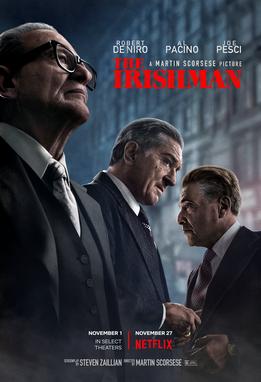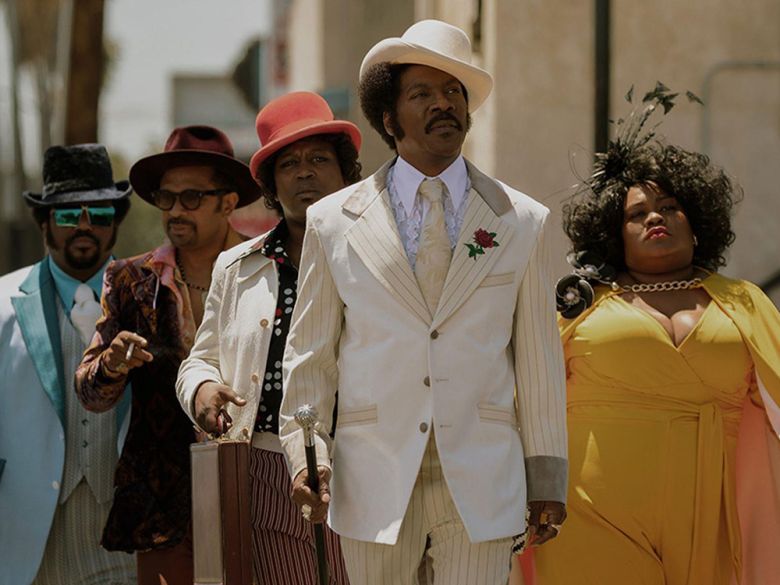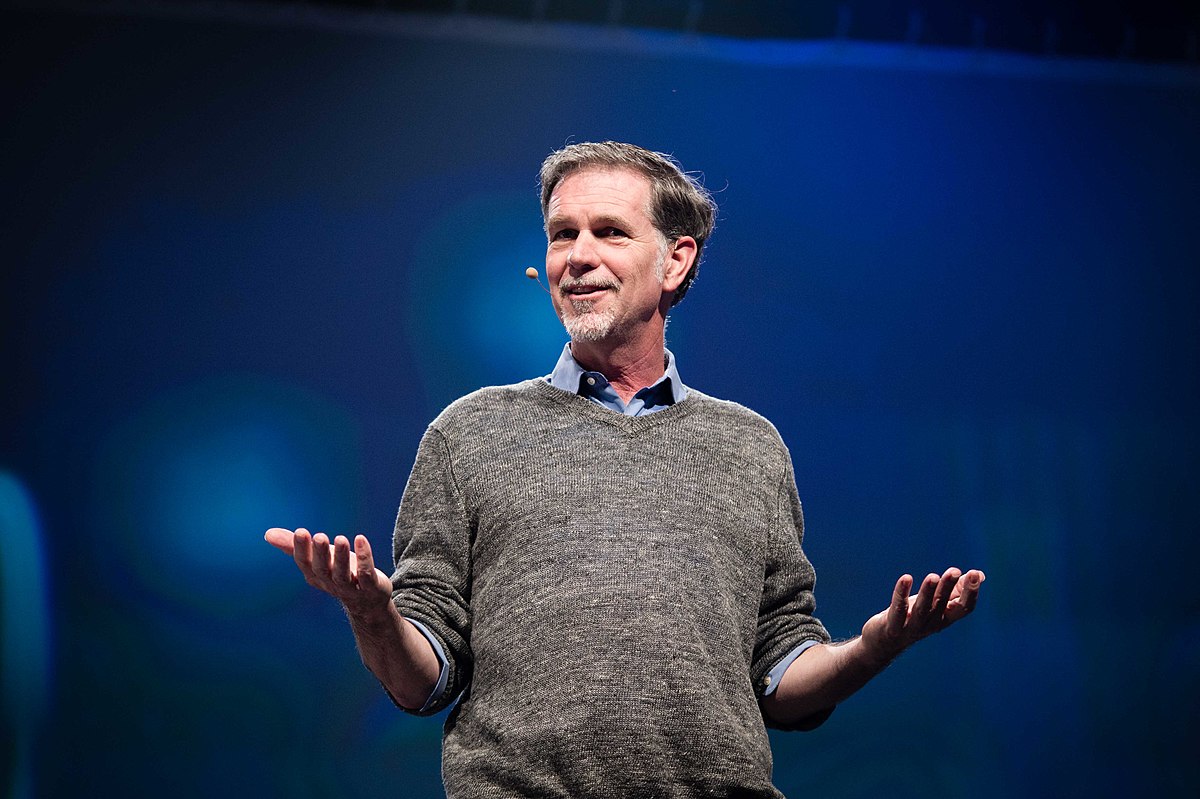The Song Remains the Same
The smarter way to stay on top of the multichannel video marketplace. Sign up below.
You are now subscribed
Your newsletter sign-up was successful
Netflix chairman and CEO Reed Hasting pulled an oldie but goodie out of the vault earlier this week after the SVOD pioneer missed its domestic subscriber addition guidance for the second straight quarter, telling analysts and investors that better service and increased value will help invigorate what has been a perceived slowdown in U.S. customer growth.
Anyone who has spent more than a week in the cable business has heard that tune before. And though it’s pretty obvious that better service and higher value will attract more people to just about any business, success is all in the execution.
Netflix added about 517,000 U.S. subscribers in Q3, behind the 800,000 it predicted it would add in the period. While international subscriber additions beat expectations -- Netflix added about 6.3 million international customers, versus estimates it would add 6.2 million customers outside of the U.S. -- analysts and investors usually focus on U.S. growth, it being the biggest pay TV market and all. Hastings attributed most of the U.S. shortfall to fallout from its January price increase -- which raised the cost of a U.S. subscription from around $11 to about $13 a month.
“What we have to do is just really focus on the service quality, make us must-have,” Hastings said on the call. “I mean we're incredibly low priced compared to cable. We're winning more and more viewings. And we think we have a lot of room there.”

He added that could turn around in the coming months as Netflix releases a slate of new movies -- something he said it has neglected somewhat in the past -- including the much anticipated Martin Scorsese film The Irishman (which had an estimated $150 million budget), as well as comedian Eddie Murphy’s comeback vehicle Dolemite Is My Name, both which have attracted good reviews and a lot of interest.

“If you think about it, we haven't had many big movies in the past, and movies are very valuable, people are used to paying for a lot of that,” Hastings said on the call.
But investors and analysts are especially antsy because next month three very deep-pocketed competitors -- Disney, Apple and AT&T -- are slated to launch their much anticipated direct-to-consumer streaming offerings. Disney has been especially aggressive on the marketing front, tweeting and facebooking and whatnot to customers and potential customers information about its Disney + programming slate and offering discounts to those that sign up early. And with the exception of AT&T’s upcoming ATT TV offering -- which many estimate will cost about $17 or $18 per month -- each of those services are drastically cheaper than Netflix. Disney is offering Disney + at about $6.99 per month, while Apple TV Plus is priced at around $4.99 per month. If pricing is what really caused the domestic subscriber miss, than that should worry Netflix.
The smarter way to stay on top of the multichannel video marketplace. Sign up below.
Related: Bull or Bear on Netflix: It Depends Which Side of the Street You’re On
Hastings appeared to be concerned himself last month at a U.K. TV conference, when according to reports, he said that the introduction of the Apple, Disney and AT&T streaming products creates a “whole new world.” While that in and of itself seems like no great shakes, it was a departure from Hasting’s generally glib responses to competition. On the conference call, Hastings said the reports missed the context of the remarks.

“All four of us have been competing heavily, including with linear TV for the last 12 years,” Hastings said on the call. “So fundamentally, there's not a big change here. It is interesting that we see both Apple and Disney launching basically in the same week after 12 years of not being in the market. And I was being a little playful with ‘a whole new world’ in the sense of the drama of it coming. But fundamentally, it's more of the same, and Disney is going to be a great competitor. Apple is just beginning, but they'll probably have some great shows, too.”
Other analysts agreed with him. In a research note, influential Bernstein analyst Todd Juenger wrote that he didn’t think the domestic subscriber miss was meaningful.
“The bigger argument is whether Netflix has reached saturation,” he wrote. “We think not even close.”
Juenger was rightfully encouraged by Netflix’s Q4 guidance that it would add a total of 2.7 million new customers in the U.S. for the full year, a 5% increase. And he said that the company also has time on its side -- as younger demographics age, “the impact of higher penetration rolling forward should add [more than] 23 million subs over the next 15 years.”
Others, like Fitch Group, director Patrice Cucinello, concede that with 150 million global subscribers, Netflix has unparalleled clout. But even a tiny subscriber miss in an era where competition increases practically every day can have a chilling effect.
“In a game of scale, Netflix already reigns supreme – but there is increased uncertainty as to whether new competition will slow growth and can the company indeed reach a point where it can fund required content investments with internally generated cash,” Cucinello wrote. She added that although Q4 guidance of about 600,000 domestic and 7 million international subscriber additions was solid, it is “clearly illustrating a deceleration.”
Barclays media analyst Kannan Venkateshwar said concerns about competition from Disney + and the rest will likely last until early next year.
“Overall, concerns around the impact of new services such as Disney+ on NFLX are likely to be impossible to disprove till early 2020,” Venkateshwar wrote. “While management seemed to dismiss 10bps higher churn, across the entire base that would translate to 2 million lower net adds annually if sustained, which is material. Therefore, while the stock reacted well in afterhours, we believe performance is likely to remain range-bound till the end of 2019. In that context, we believe Q3 was more about defining a downside floor for this range.”
So who to believe? Probably everyone. Netflix’s demise has been incorrectly predicted in the past, and maybe this time is no different. Hastings re-tweeted a blast from the past -- a New York Times article where former Time Warner Inc. chairman and CEO Jeff Bewkes compared Netflix to the Albanian Army. The irony is not lost.
[embed]https://twitter.com/Lucas_Shaw/status/1184241409827753984[/embed][embed]https://twitter.com/reedhastings/status/1184490032893059072[/embed]
But Netflix stock -- it was up about 3% a day after the earnings announcement to $293.35 per share (and fell more than 6% Oct. 18 to close at $275.30 each) -- is mainly a story stock. Juenger once wrote that a particularly insightful investor told him that “if Jesus were a stock, He would be Netflix. You either believe or you don’t.”
And that means that as the story changes, so does the sentiment around the company. Hopefully for Netflix, this story has a happy ending.
